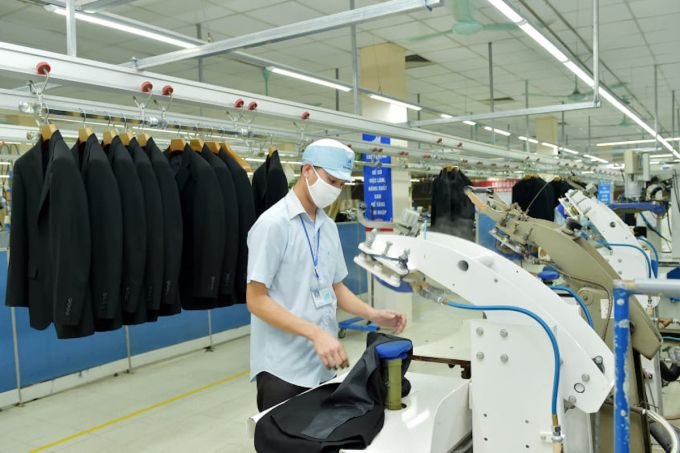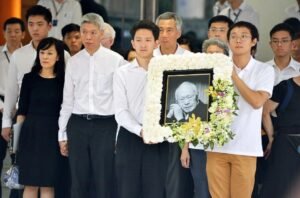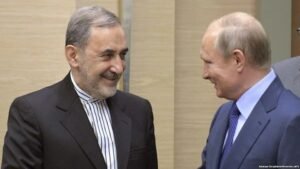
EVFTA takes effect from today 8
The Vietnam – EU Free Trade Agreement (EVFTA) takes effect from today (August 1), after nearly 10 years of negotiations with a commitment to reduce nearly 100% of tariff lines in the next 7-10 years.
According to the commitment, almost 100% of tariff lines follow the 7-10 year roadmap, the few remaining tariff lines also enjoy quotas with a tax rate of 0%.
For Vietnam, the opportunity is to diversify agricultural products, aquatic products, textiles, garments, footwear… into the market of 27 European countries, or attract more foreign capital from businesses in this region.
As for the EU, the opportunity is not only to reduce a series of EVFTA tariffs, but also to bring advantages for European investors to develop more strongly in the Vietnamese market, which is considered the most dynamic in Southeast Asia and the most dynamic.
EVFTA is also considered a `highway` connecting Vietnam with the EU, a market with a GDP of 15,000 billion USD, helping economic recovery after the pandemic.
The EU is currently Vietnam’s most important trading partner, the second largest export market (after the US) with two-way turnover increasing nearly 14 times, from 4.1 billion USD in 2000 to nearly 56,000 USD.
Vietnam is also the EU’s second largest trading partner (after Singapore) in ASEAN and the first developing country in Asia to sign a free trade agreement with the EU.
The latest survey in the European Business Association in Vietnam (EuroCham) shows that 74% of member business leaders believe that EVFTA will have a positive impact on production and business activities of enterprises in the coming time.
Producing suits for export at Garment Corporation 10. Photo: Han Pham
EVFTA is in effect, but the `special expressway` connecting Vietnam with the EU cannot open immediately, if businesses do not innovate and institutional reform plans do not keep up.
Mr. Can Van Luc – chief economist of BIDV Bank commented that with the current trend of diversifying supply sources and shifting investment capital flows, Vietnam has many advantages to increase its attractiveness and competitiveness.
But Mr. Luc noted that the epidemic may cause many Vietnamese businesses to lose the ability to proactively take advantage of the opportunity to participate in this `special expressway`, because the problem of survival is being replaced by development plans.
In this aspect, Mr. Vu Tien Loc – Chairman of VCCI also said that EVFTA is not a free expressway, but Vietnamese businesses will have to pay a fee if they want to enter this route.
The fee must be paid, from the Government, by investing in upgrading infrastructure, institutions, and the quality of human resources.
As someone who directly consults with the market in the EU, Mr. Tran Ngoc Quan – Vietnam’s Commercial Counselor in Belgium said that the EU always focuses on post-inspection and does not relax control.
According to him, the EU is also `very attentive` to goods from Vietnam’s neighboring countries that can also take advantage of this FTA to export goods to Europe through `origin laundering`.
`Vietnamese businesses need to protect themselves, protect the market and protect consumers. If we assist a third party to illegally benefit, the EU will take defensive and retaliatory measures. This will



